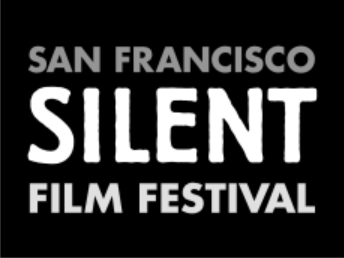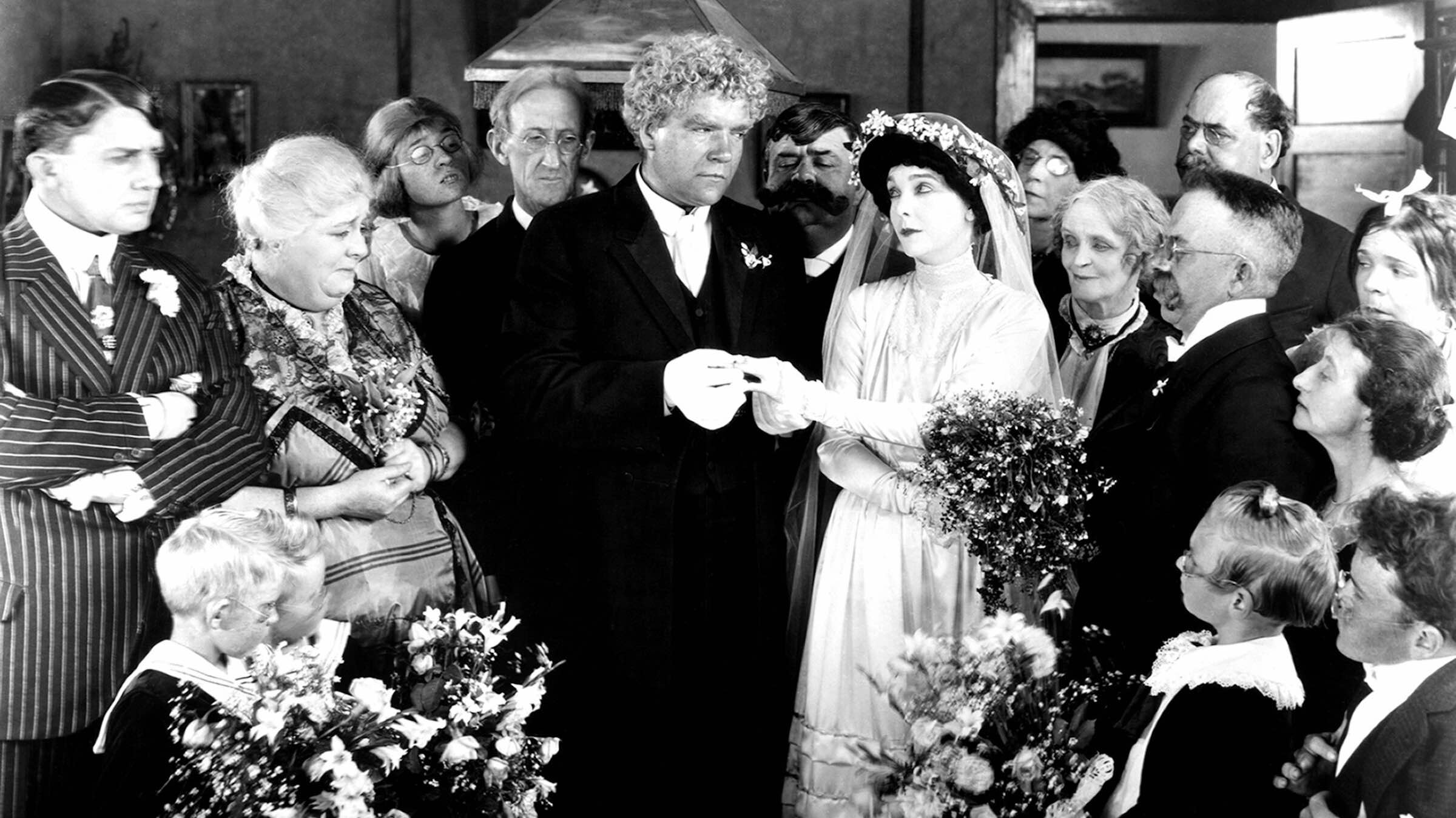“In an era devoted to escapism and the happy ending,” writes film historian Kevin Brownlow, “Stroheim’s obsession with realism must have seemed insane.” The director abandoned the studio to shoot on the actual locations evoked in Frank Norris’s novel McTeague, so that Greed, among many other things, today offers a fascinating look at old San Francisco (including the Cliff House) and Oakland. But the realist moniker, while it was Stroheim’s own, is slightly misleading, for he always uses the real to poetic effect, here creating a horrific evocation of the post-Gold Rush West and “the fearful yearning to be bourgeois” (David Thomson). Polk Street’s teeming corners are seen through the dentist McTeague’s window as he reaches into the mouth of his female patient (the marvelous ZaSu Pitts), by way of possessing her (and later, her $5,000 lottery winnings). Oakland’s bayside sewer is the sight of one of cinema’s saddest courtships; during the wedding, a funeral procession passes by. In the finale, the parched floor of Death Valley is host to the would-be bourgeois chained to the destiny he created. The film is full of visual surprises (like those looming close-ups of the cat) and we are left to wonder what might have been, had MGM not cut this film from Stroheim’s carefully plotted, 9 ½-hour original.
Presented at Special Event 1998 with live music by Dennis James on the Mighty Wurlitzer

